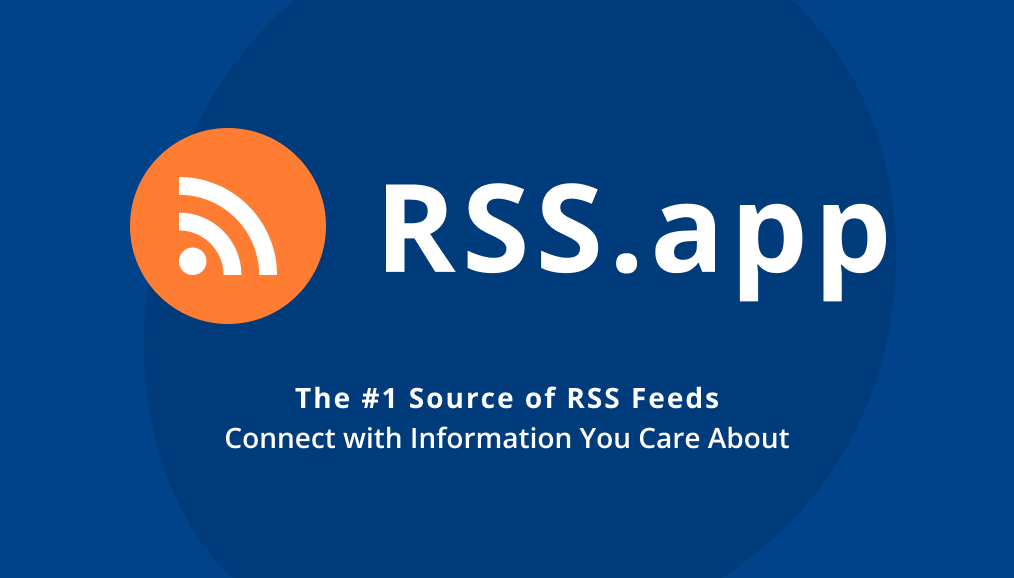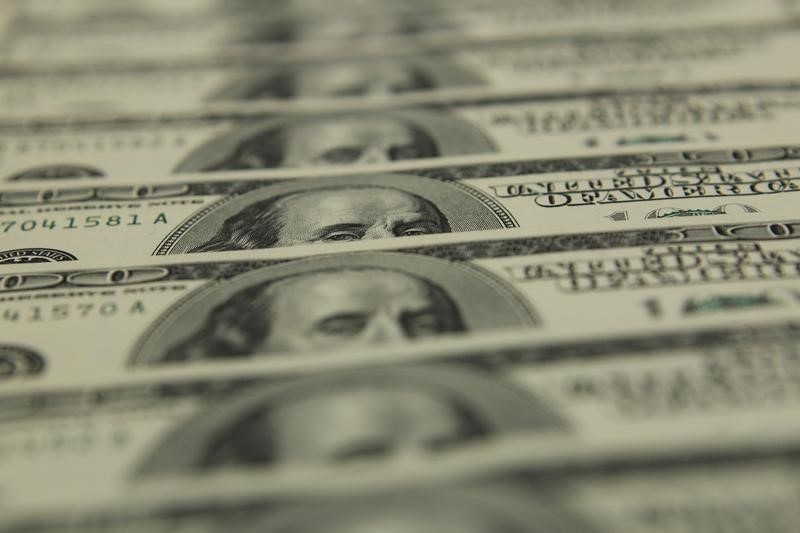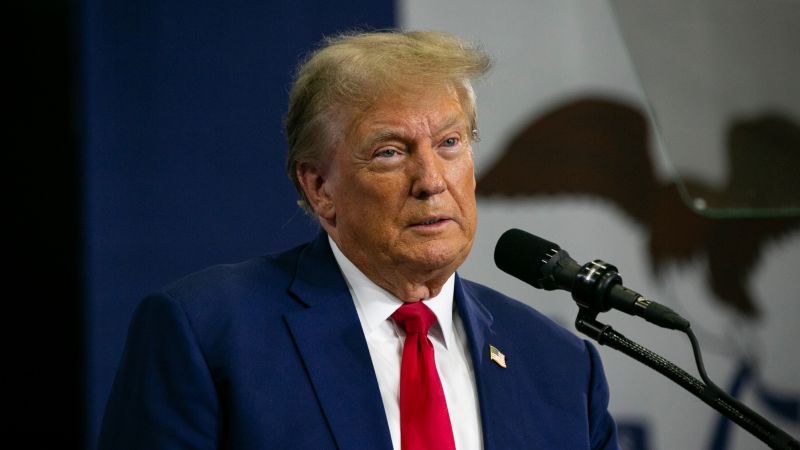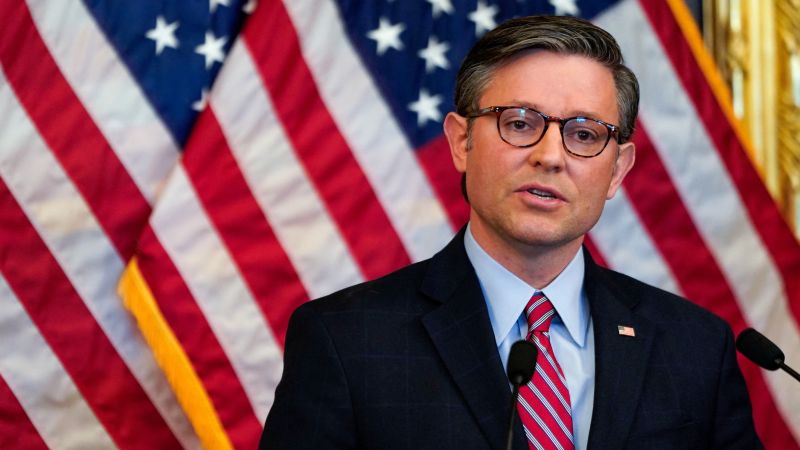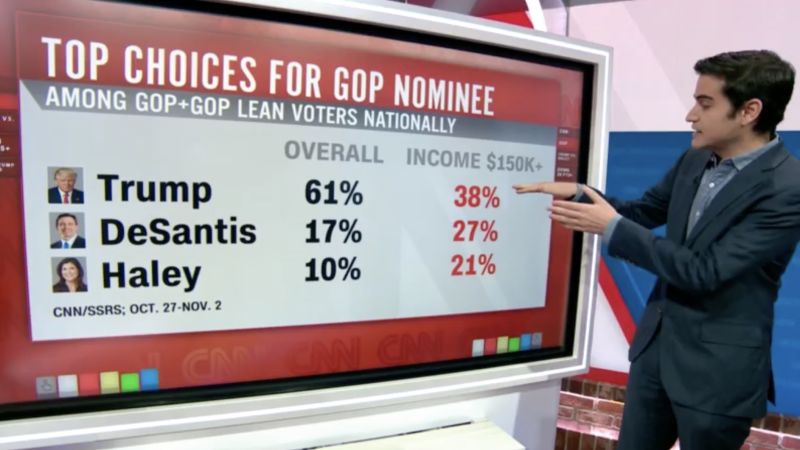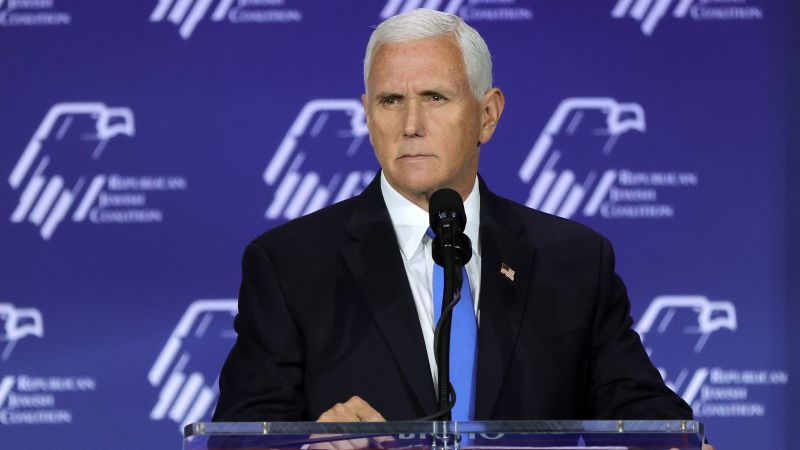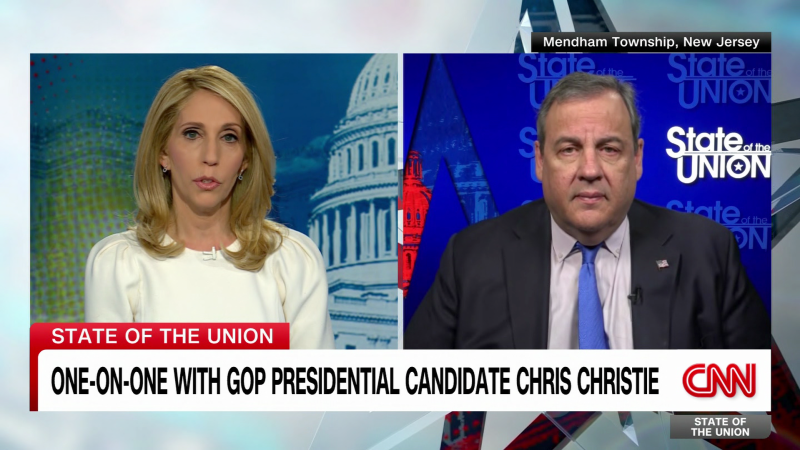Former President Donald Trump isn’t immune from being held accountable in civil lawsuits related to the January 6, 2021, US Capitol riot in a long-awaited, consequential decision from the federal appeals court in Washington, DC.
The decision, making new law around the presidency, will have significant implications for several cases against Trump in the Washington, DC, federal court related to the 2020 election. The decision arises out of lawsuits brought by Capitol Police officers and Democrats in Congress.
The opinion, written by Chief Judge Sri Srinivasan, states that not everything a president does while in office is protected from liability.
The president “does not spend every minute of every day exercising official responsibilities,” the opinion said. “And when he acts outside the functions of his office, he does not continue to enjoy immunity. … When he acts in an unofficial, private capacity, he is subject to civil suits like any private citizen.”
The decision to allow the January 6 lawsuits against Trump to proceed was unanimous among the three judges on the DC Circuit Court of Appeals. Judge Greg Katsas concurred with the decision, and Judge Judith Rogers concurred in part.
The decision allows three lawsuits against Trump from Capitol police officers and members of Congress who are seeking recovery from emotional distress and physical injury from the attack to move forward. The complaints largely rely on a federal law prohibiting individuals from conspiring to prevent someone from holding federal office.
Two of the lawsuits were brought by Democratic House members, while a third was filed by Capitol Police officers.
The lawmakers allege that they were threatened by Trump and others as part of a conspiracy to stop the congressional session that would certify the 2020 presidential election on January 6, 2021, according to the complaints. They argue that Trump should bear responsibility for directing the assaults.
Trump moved to dismiss the lawsuits against him on several grounds, including presidential immunity, which the DC District Court rejected, saying that the former president’s actions in the lead-up to the riot at the US Capitol riot were all an effort to remain in office and not official functions of his presidency.
The district court did find that Trump was protected by presidential immunity from the claim that he failed to stop to the riot, saying that he would be acting in his official presidential powers in that instance.
The opinion drew a line between campaign speech a president might make during a reelection and official actions of the presidency.
Trump had argued in court he was immune for anything he said while president, but the court found that is not the case – specifying that the January 6 Trump rally that preceded the riot at the Capitol is potentially part of his campaign.
Trump still will be able to contest the facts of the case as the lawsuits move forward. The appeals court said Trump also may be able to make more arguments around immunity before the January 6 lawsuits move into extensive evidence-gathering phases.
The opinion stated a president running for a second term was acting “as office-seeker, not office-holder” when he was campaigning, such as by attending a private political fundraiser, hiring and firing campaign staff and while speaking in political advertisements and reelection campaign rallies.
This story has been updated with additional reporting.
Read the full article here

